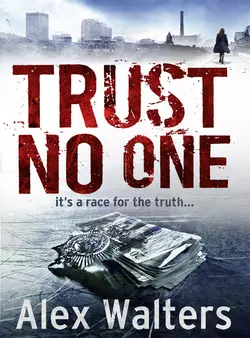Trust No One

Alex Walters
Тип: электронная книга
Жанр: Триллеры
Язык: на английском языке
Стоимость: 191.96 ₽
Статус: В продаже
Издательство: HarperCollins
Дата публикации: 28.04.2024
Отзывы: Пока нет Добавить отзыв
О книге: A timely and topical thriller which looks at the seedy back dealings of criminals and the police.An addictive read for fans of P.J.Tracey and Peter Robinson.A terrifically fast-paced novel that has you hooked from the first chapter with a captivating central female lead who you can’t help rooting for. Join Marie Donovan as she races for the truth…As a covert officer specialising in ‘deep cover’ operations, Marie Donovan works amongst the most dangerous criminals in Manchester. It’s a precarious life that puts Marie on the edge of the law.When she begins an affair with Jake Morton, an informer due to give evidence against crime lord Jeff Kerridge, Marie knows she’s breaking a cardinal rule.Yet just as she comes to her senses and puts an end to their relationship, Morton is murdered. Suddenly Marie’s undercover role is exposed and only one thing is certain – she can TRUST NO ONE.